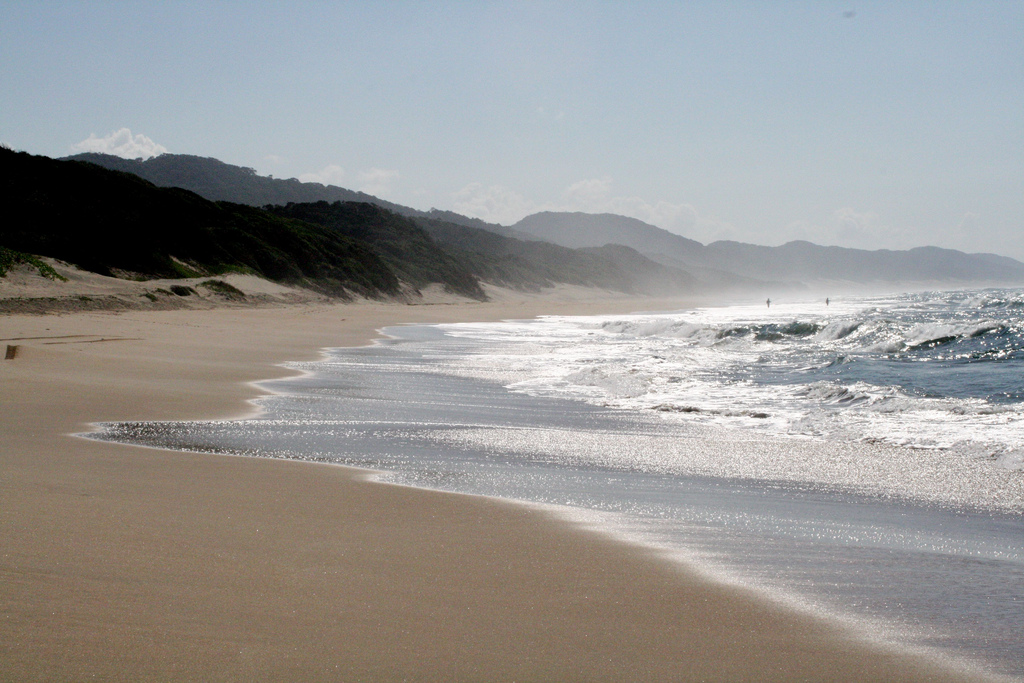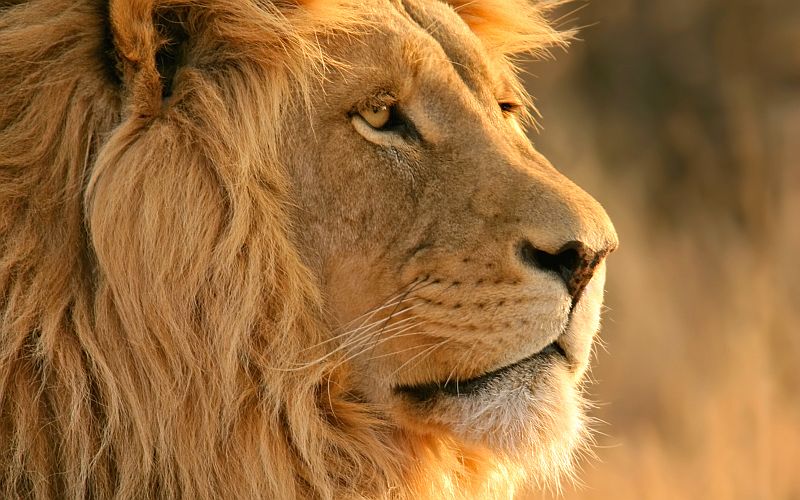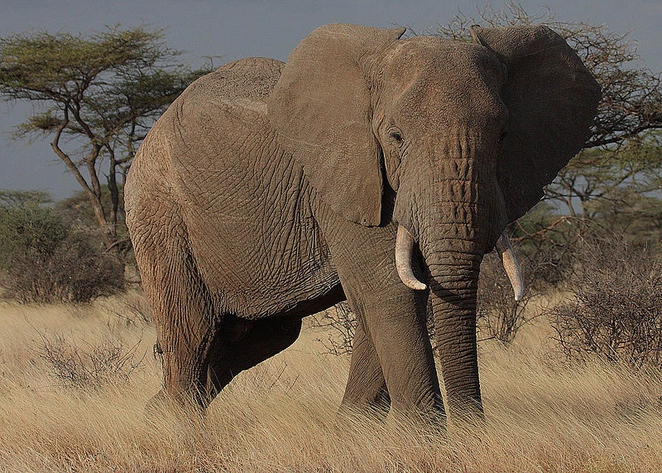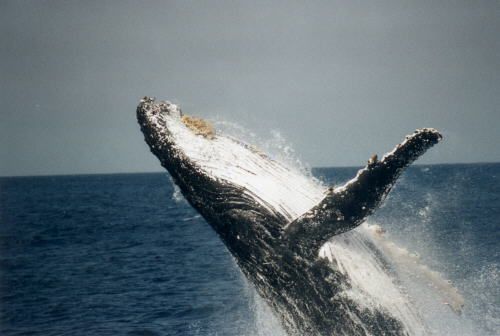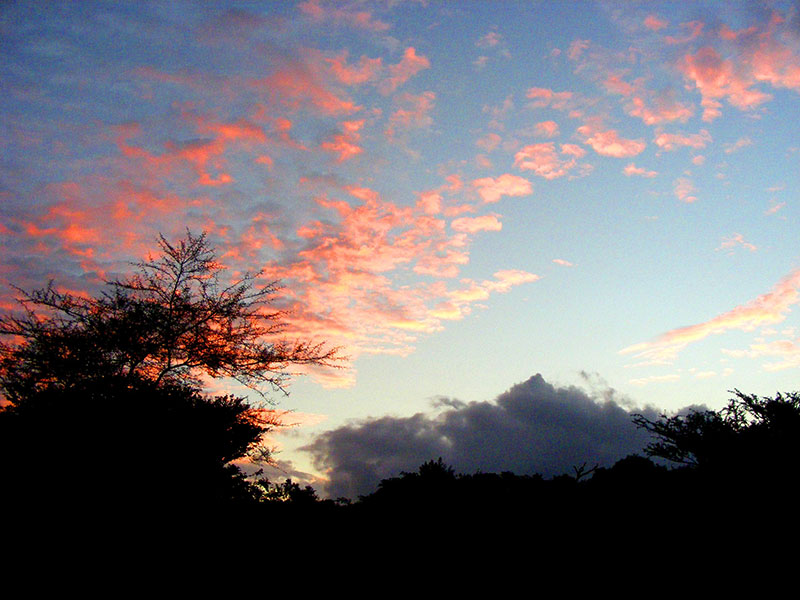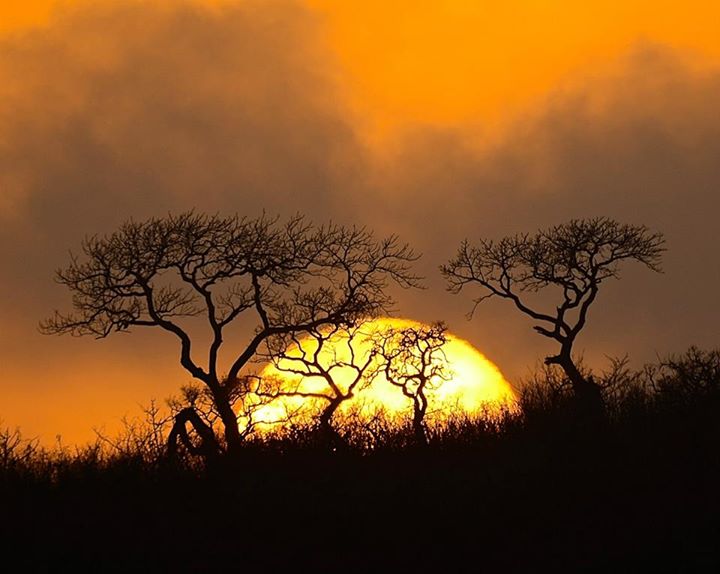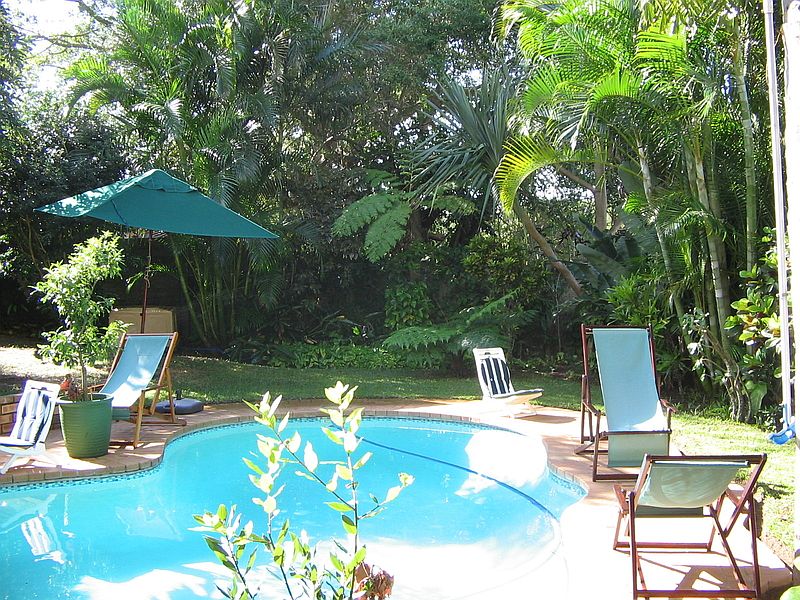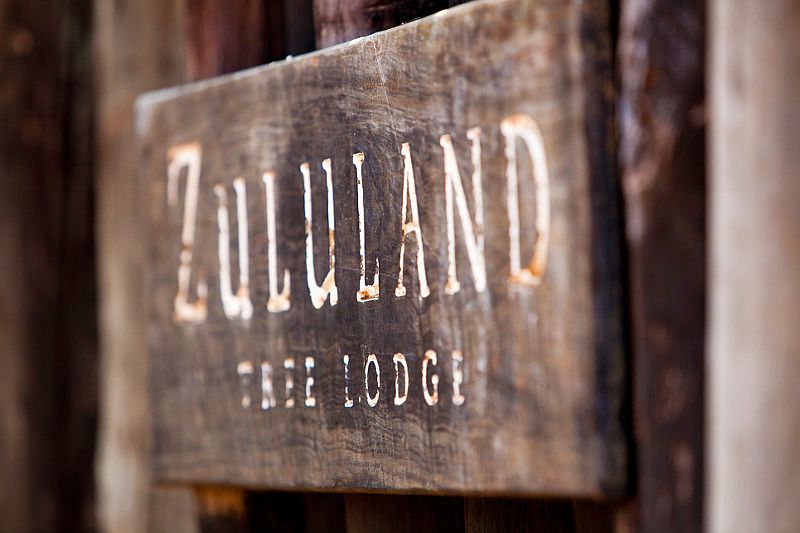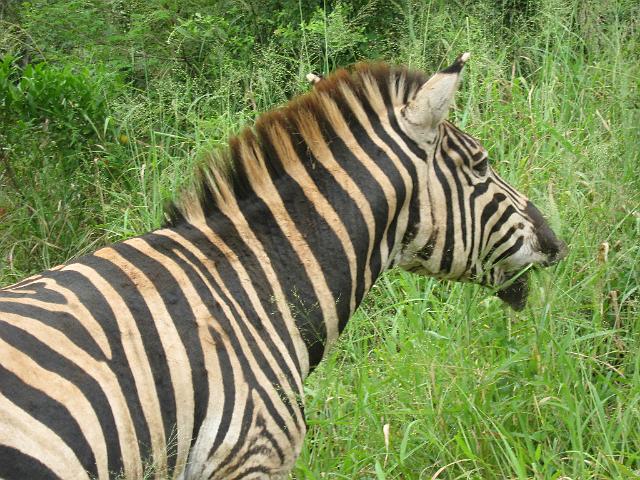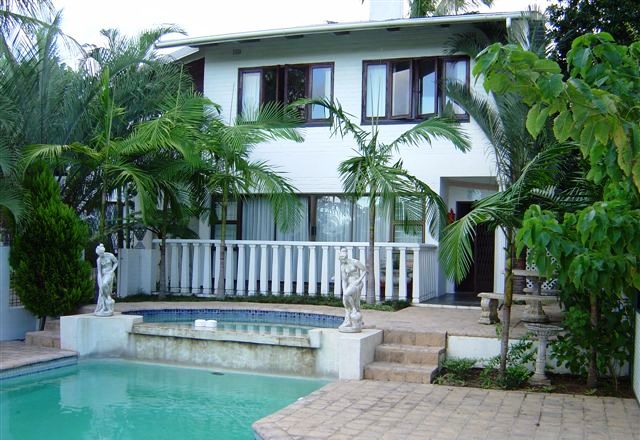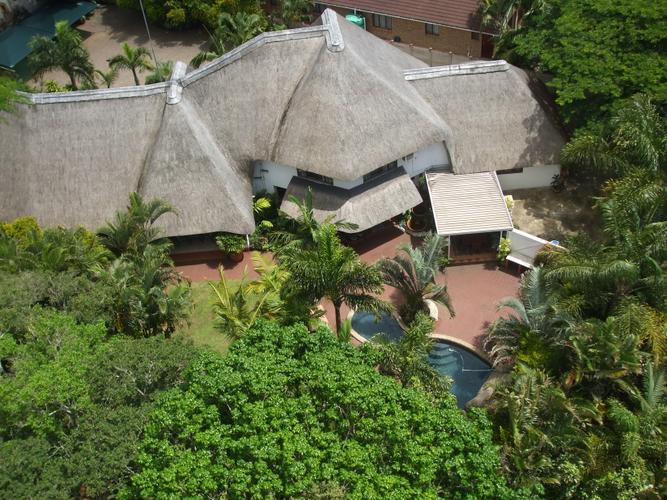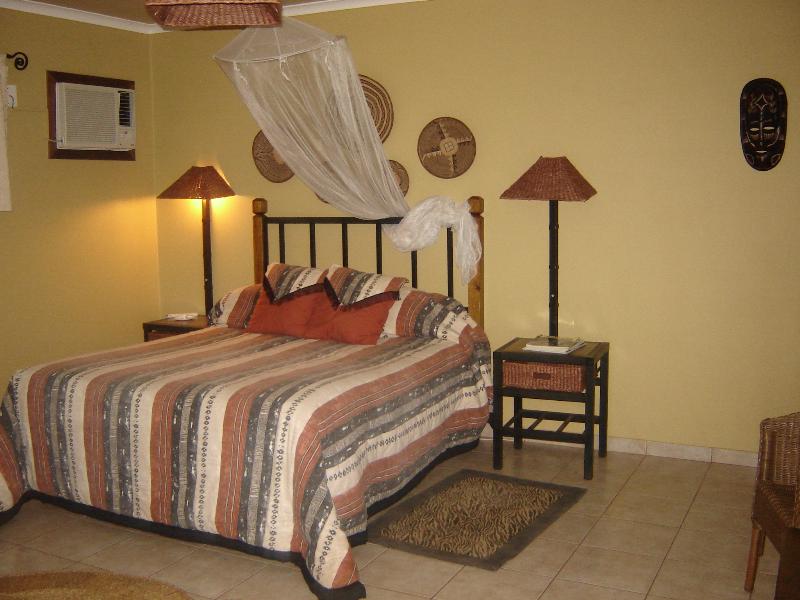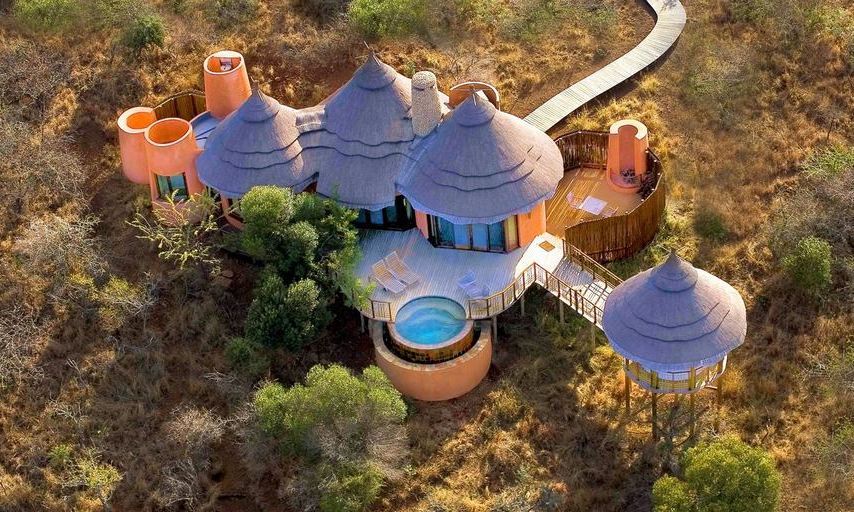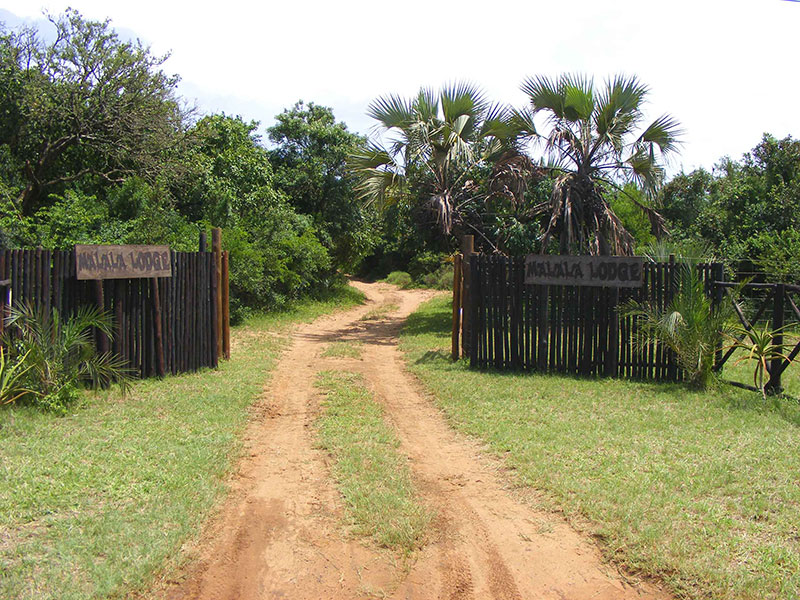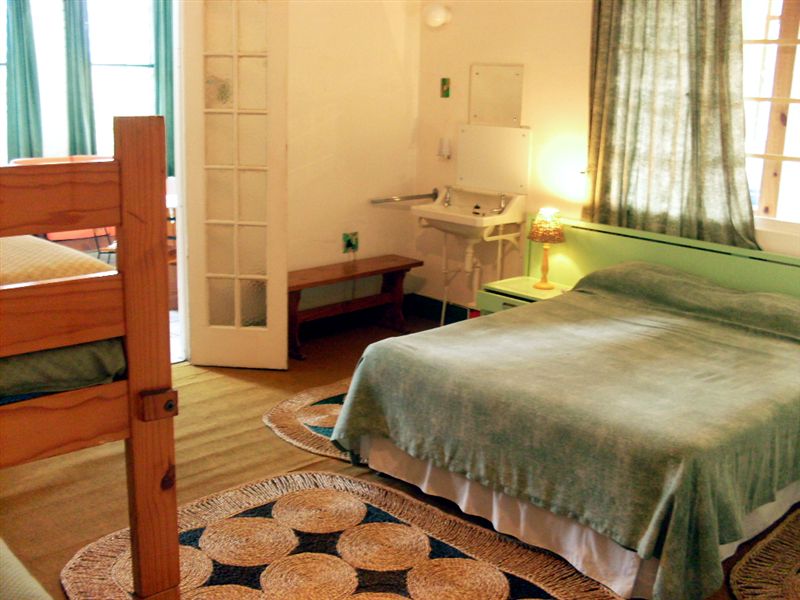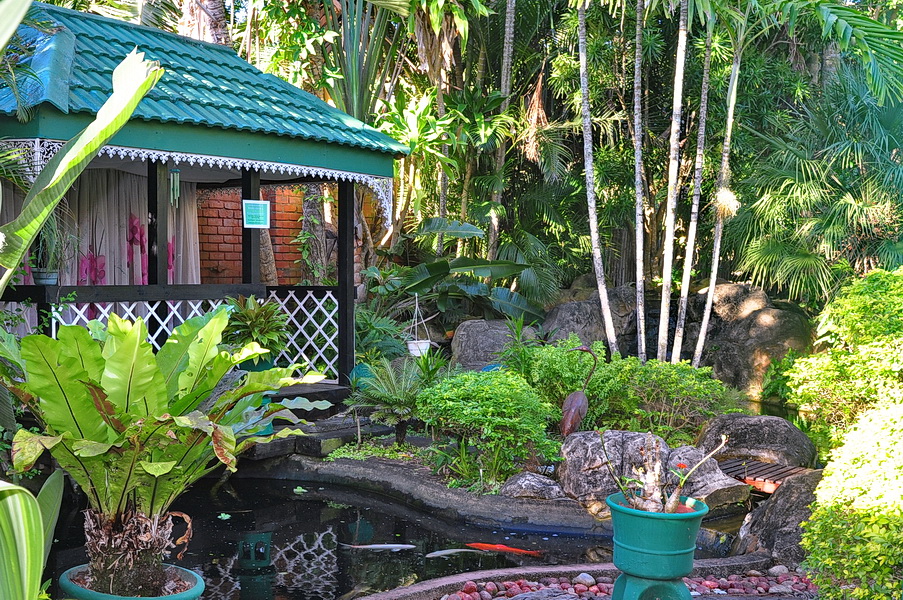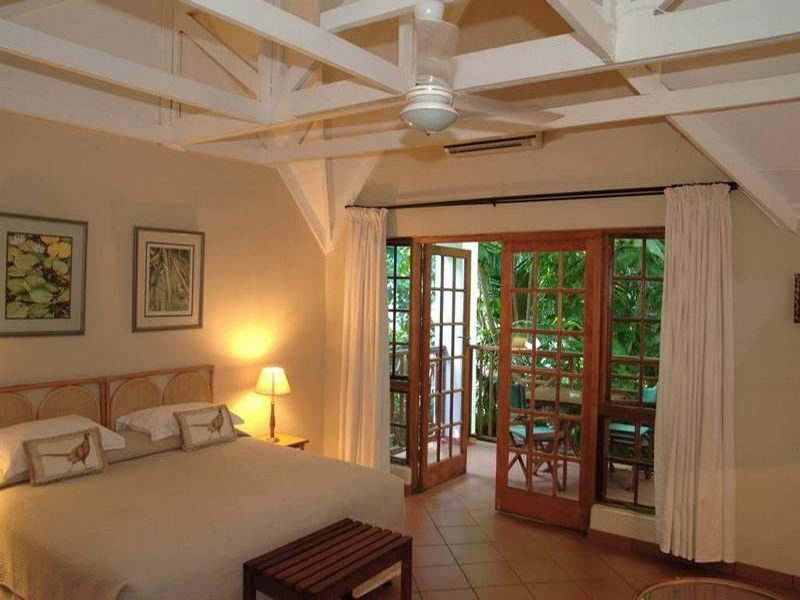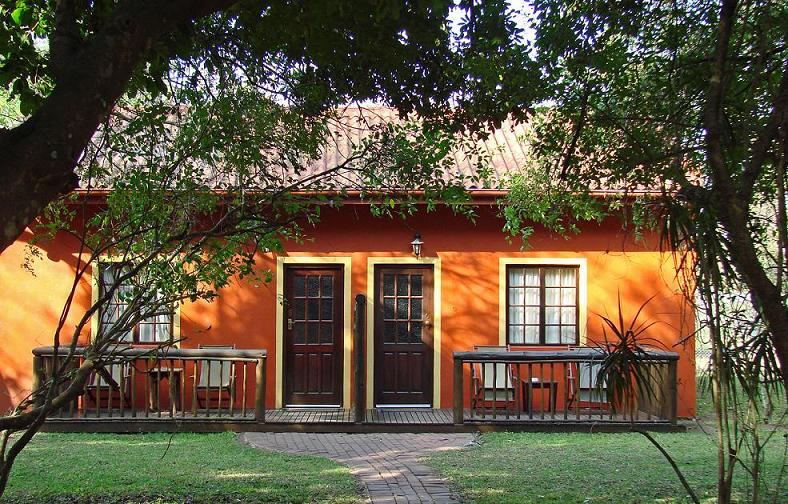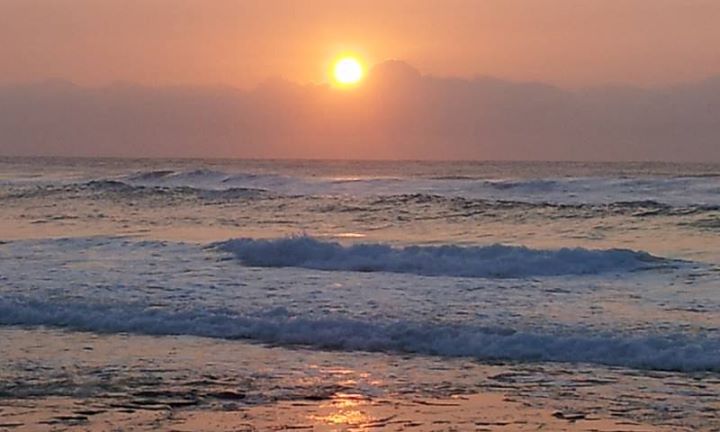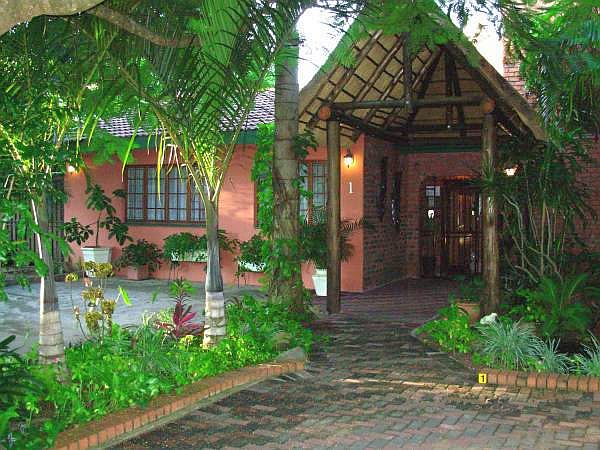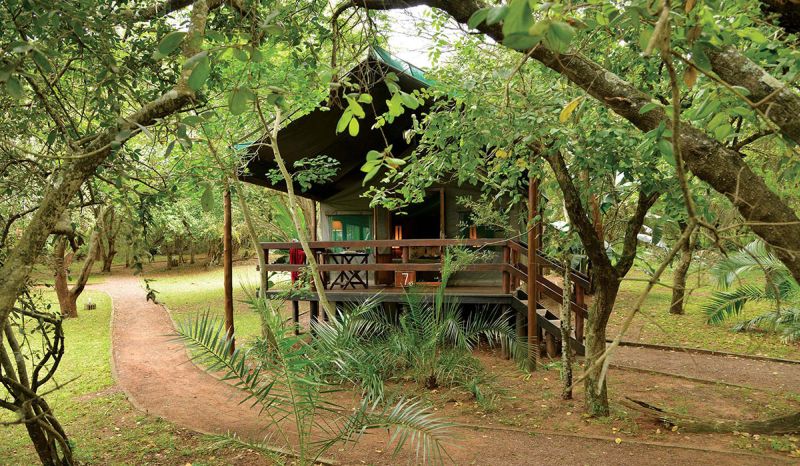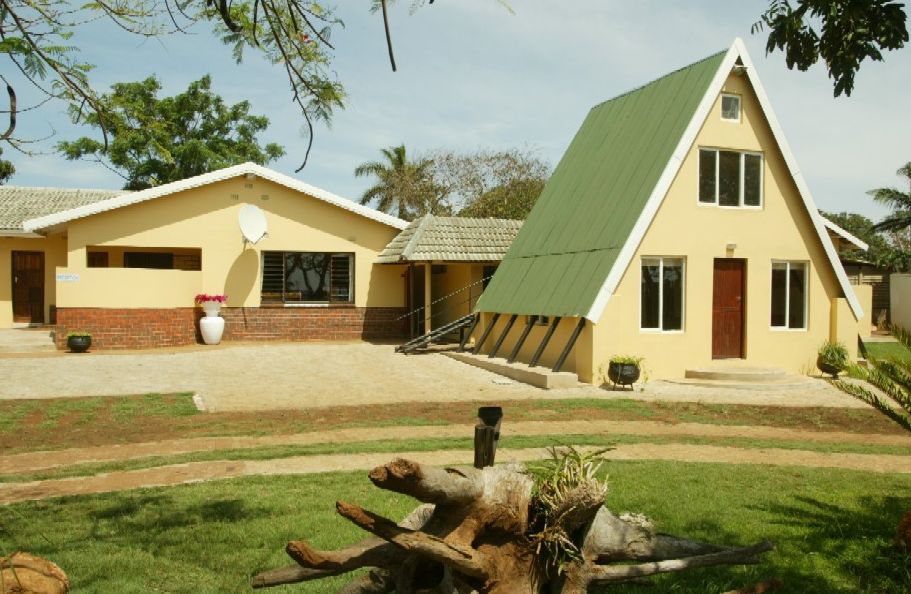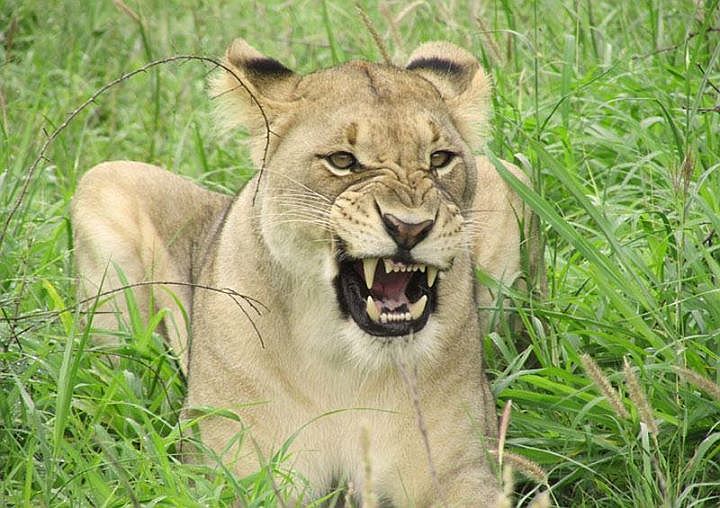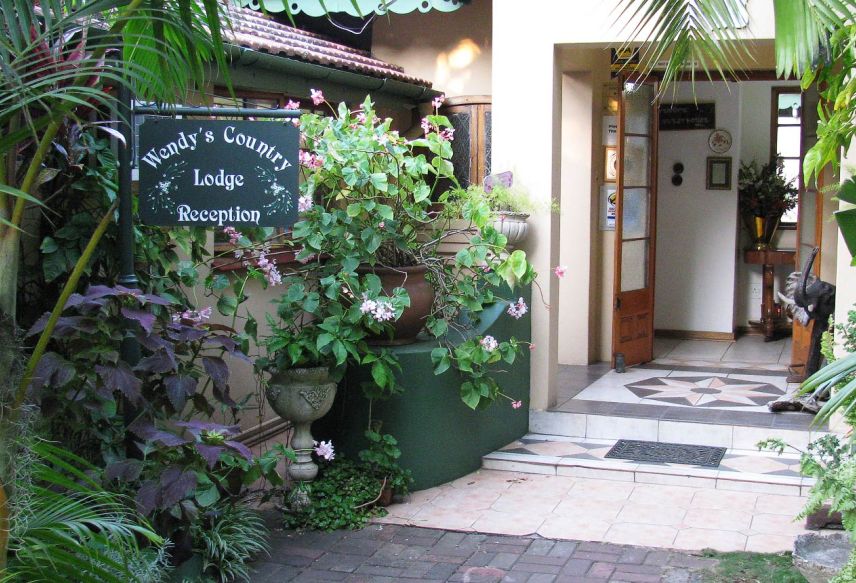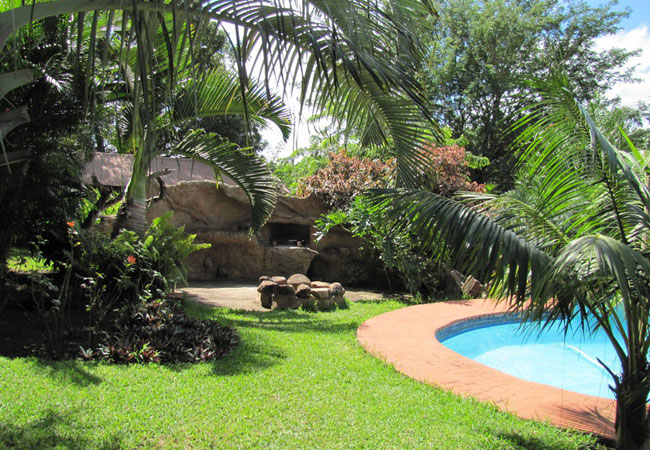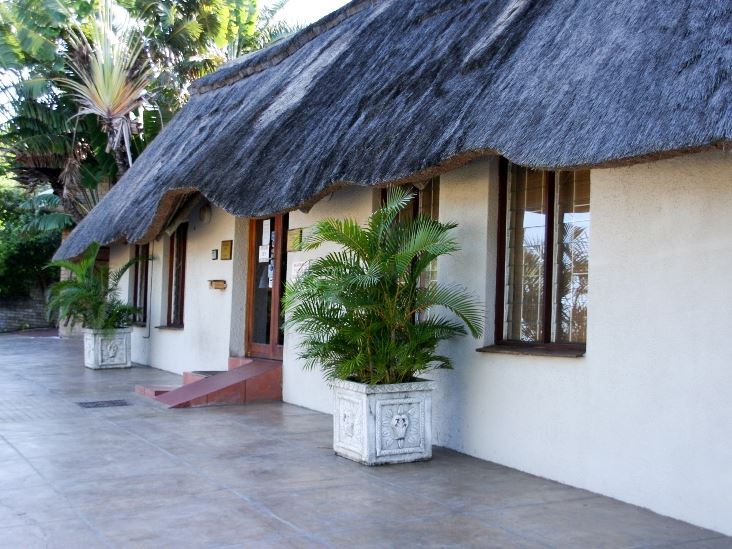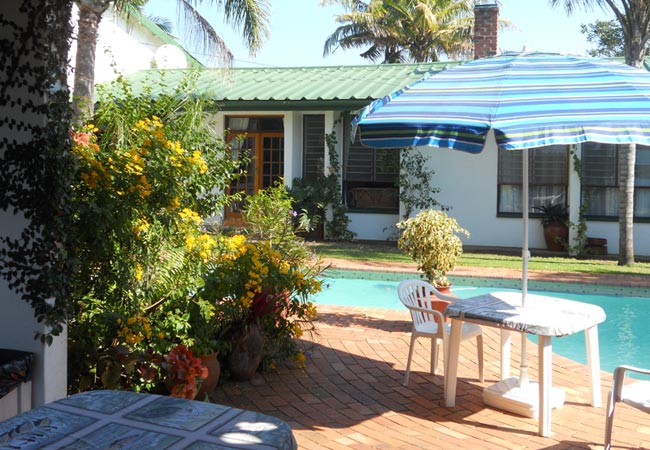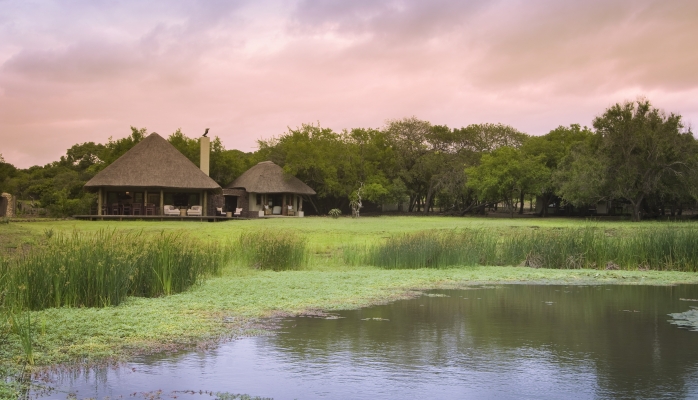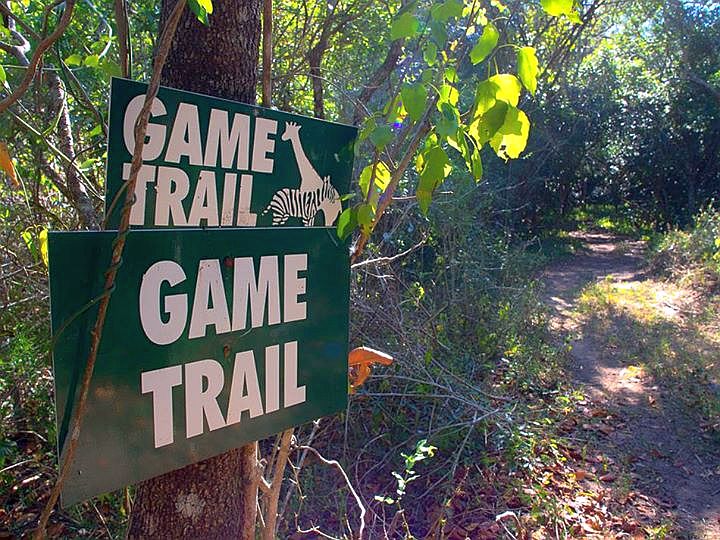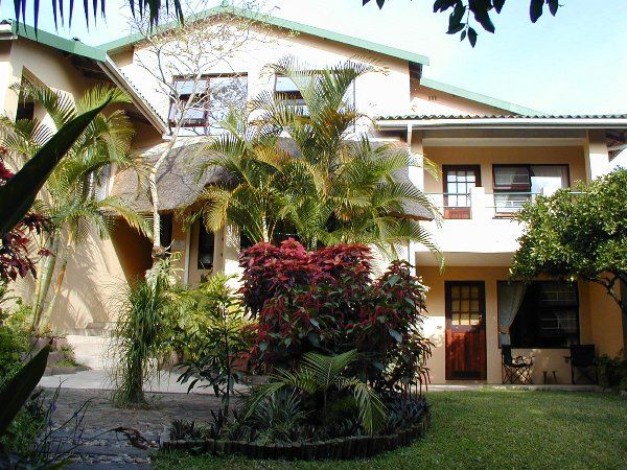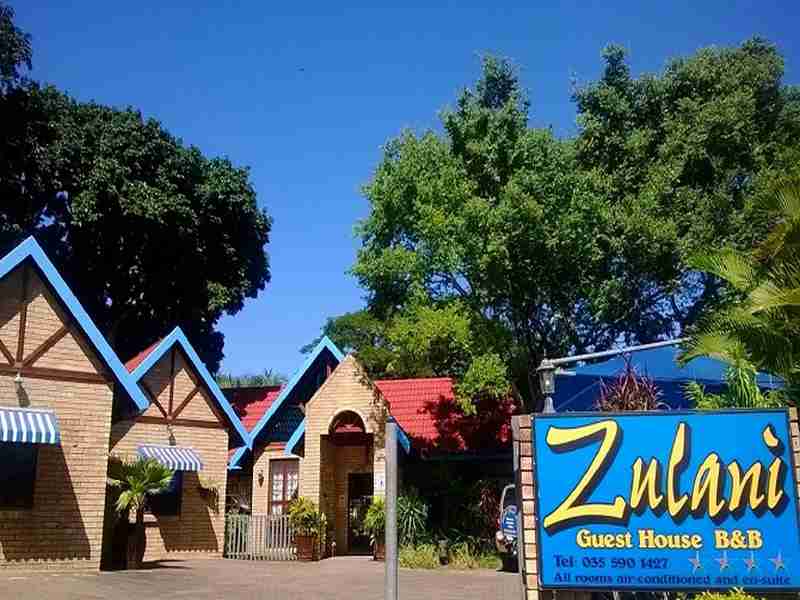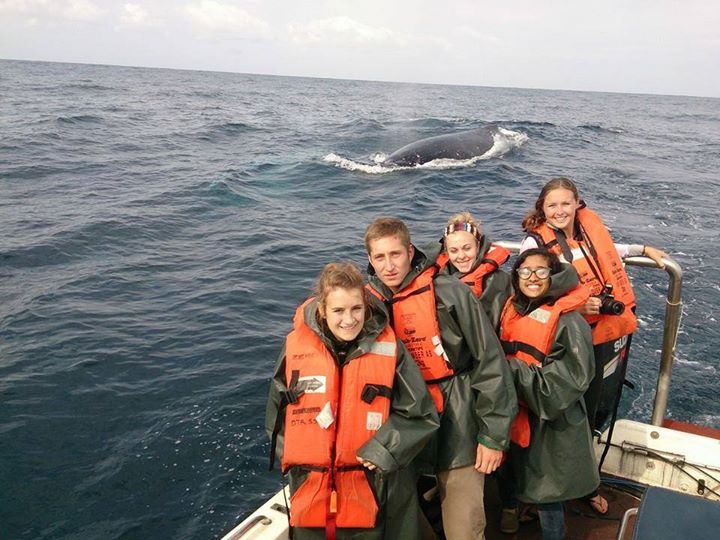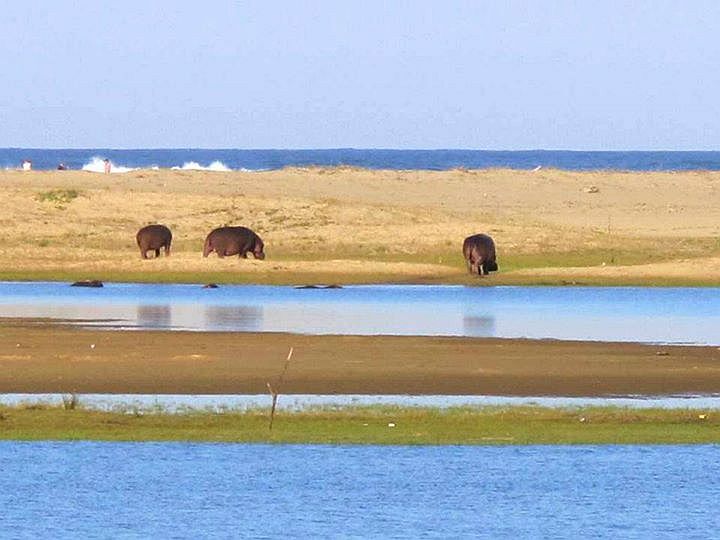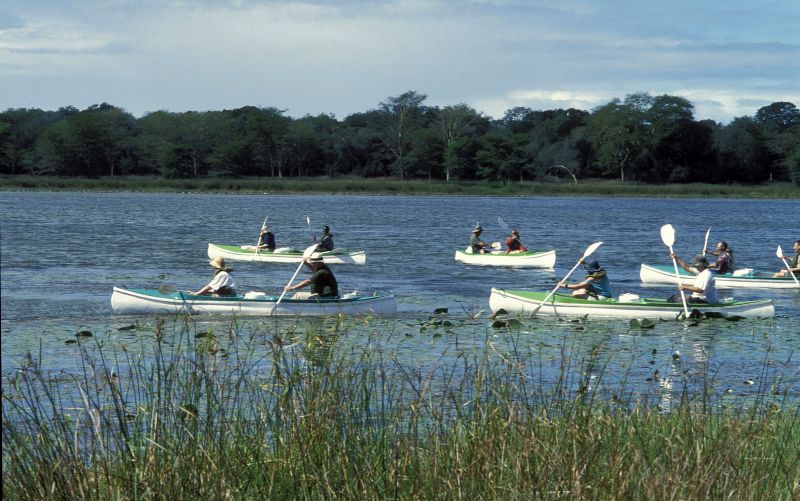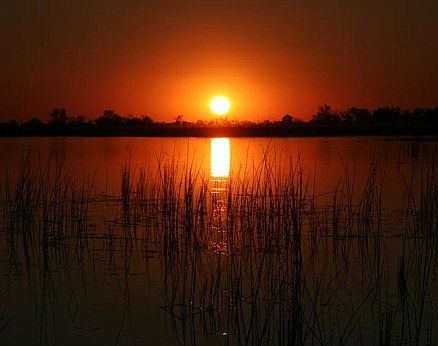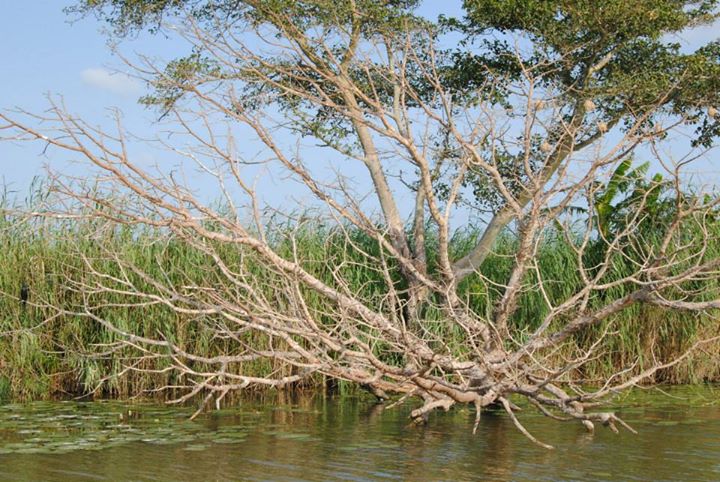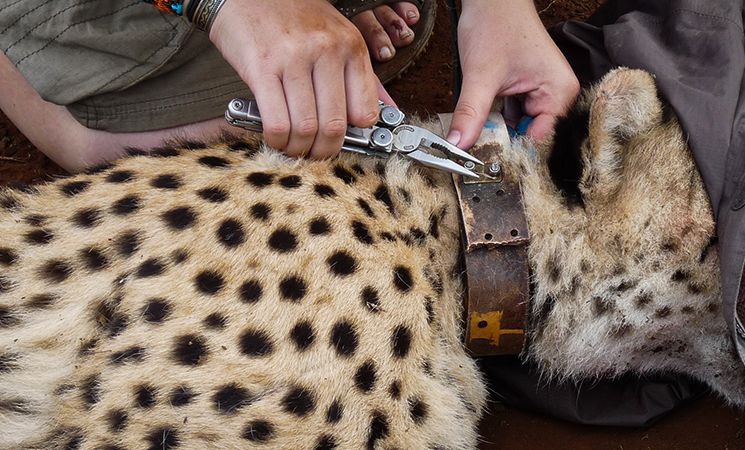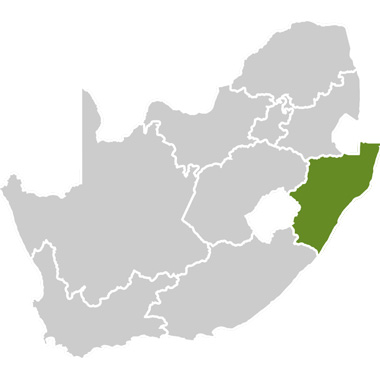The Elephant Coast in northern KwaZulu-Natal (KZN) stretches from St Lucia in the south to Kosi Bay in the north, across to the Lubombo Mountains in the west and includes the Hluhluwe-iMfolozi Game Reserve. Although it is a relatively small area, it is home to the Big Five and the Isimangaliso Wetlands Park is known for its sighting of whales and turtles among protected reefs and pristine coastline. The area is world-renowned for conservation, untamed wilderness and unparalleled diversity and the huge variety of habitats and eco-systems create a place where visitors are truly spoilt for choice.
Due to the large size of the Elephant Coast Route, the route is sub-divided into four regions: the Southern, Central, North Eastern and North Western.
Reasons to visit:
Africa’s oldest Game Reserve, Hluhluwe-iMfolozi, is one of many reserves in the area where visitors can encounter the Big 5 and have access to myriad other creatures both rare and abundant. A couple of decades ago the parks were still separate and there was not enough space for lion and elephant, but today the park boasts full wildlife capacity. This has meant that through its annual game auction, the park assists with the reintroduction of various species into other parks and reserves. Bird-watchers will delight in the fact that Mkuze and Ndumu Game Reserves are recognized as two of southern Africa’s birding hotspots, boasting some 600 species of birds.
Around 280km of pristine coastline links the Elephant Coast to the warm Indian Ocean. Beautiful hard and soft coral abound, as do more than 1 200 species of fish in addition to a wide variety of marine life. The largest sea turtle, the leatherback, along with the loggerhead turtle use this coastline as their breeding ground. Snorkelling opportunities at Cape Vidal and in the Kosi Bay estuary provide excellent underwater experiences while whale-watching opportunities off the Elephant Coast must be regarded as one of South Africa’s best.
The area is made up of three main cultures, most notably the Zulu culture. The turbulent yet proud Zulu history is testament to a people who embrace change in a dynamic world where tradition and customs incorporate innovation and transformation. Further north along the border with Mozambique the local amaThonga (resident Thembe community) settled, having migrated south from Maputo (then Lourenco Marques) in the 16th century. They are well known for their ancient fish-traps – an innovative and sustainable means of fishing that has been passed down through generations. Missionaries, adventurers and hunters have been drawn to the area over the last 200 years for the people, the place and the potential. Share in the harmony of a community driven to preserve their habitat with passion and pride because the people of the Elephant Coast are known for their deep love of the area.

